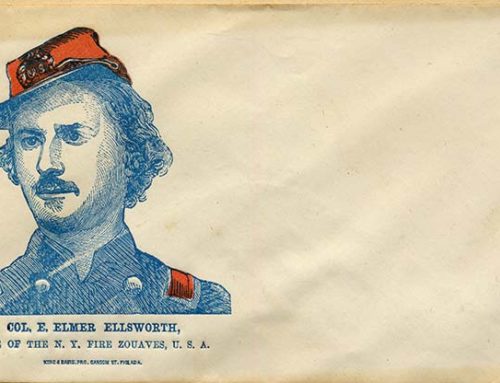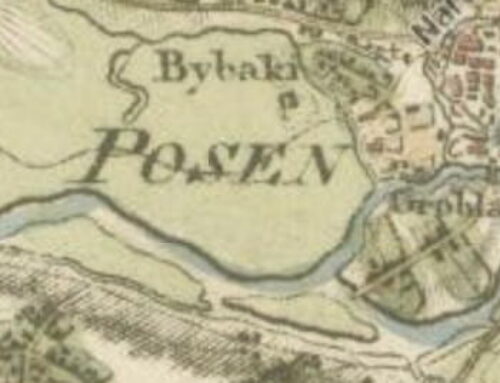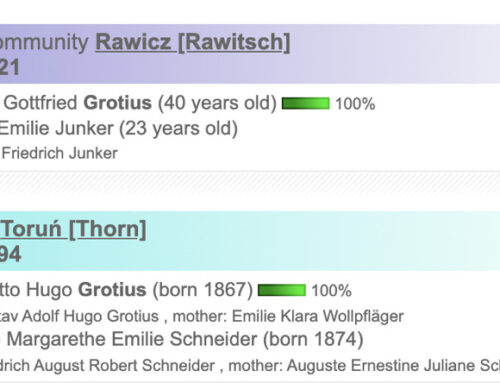
Courtesy NARA
National Archives Hosts Virtual Genealogy Fair September 3 and 4 2013
The National Archives announced today that it will host a virtual Genealogy Fair via webcast on the U.S. National Archives UStream channel. The virtual genealogy fair is schedule for:
- Wednesday, September 3, from 10 a.m. until 4 p.m. EDT
- Thursday, September 4, from 10 a.m. until 5 p.m. EDT
Details from NARA’s press release:
This two-day program will showcase tips and techniques for using Federal records at the National Archives for genealogy research. Lectures are designed for experienced genealogy professionals and novices alike.
Lecture topics include Native American and African American history, immigration, Civil War pensions, U.S. Colored Troops, and Navy Deck logs.
Speakers include Zack Wilske from USCIS and National Archives experts Damani Davis, John Deeben, Theresa Fitzgerald, Susan Karren, Claire Prechtel Kluskens, Ashley Mattingly, Mark Mollan, Trevor Plante, Rebecca Sharp, Nancy Wing, and Michael Wright.
Join the webcast on the U.S. National Archives UStream channel at: www.ustream.tv/usnationalarchives. Closed captioning and an American Sign Language interpreter will be included. Recorded sessions will be available online after the event.
NARA is also opening up a Genealogy Help Line during the event.
Call with your genealogy questions. National Archives staff in Washington, DC will be available from 1 to 4 p.m. EDT on September 3 and 4 on our special hotline at 202-357-5420. You may also email us at[email protected], or call our Washington, DC Customer Service Center telephone during regular business hours at 1-866-325-7208.
For more information on the schedule, including how to access the fair, visit www.archives.gov/dc-metro/know-your-records/genealogy-fair or e-mail [email protected]. Join the Genealogy Fair conversation on Twitter using #genfair2013.
Sign up for the virtual genealogy fair – it’s free, it’s fun, and you can learn at home.
For more posts on using primary sources from the National Archives for genealogy, click here.





Leave a Reply